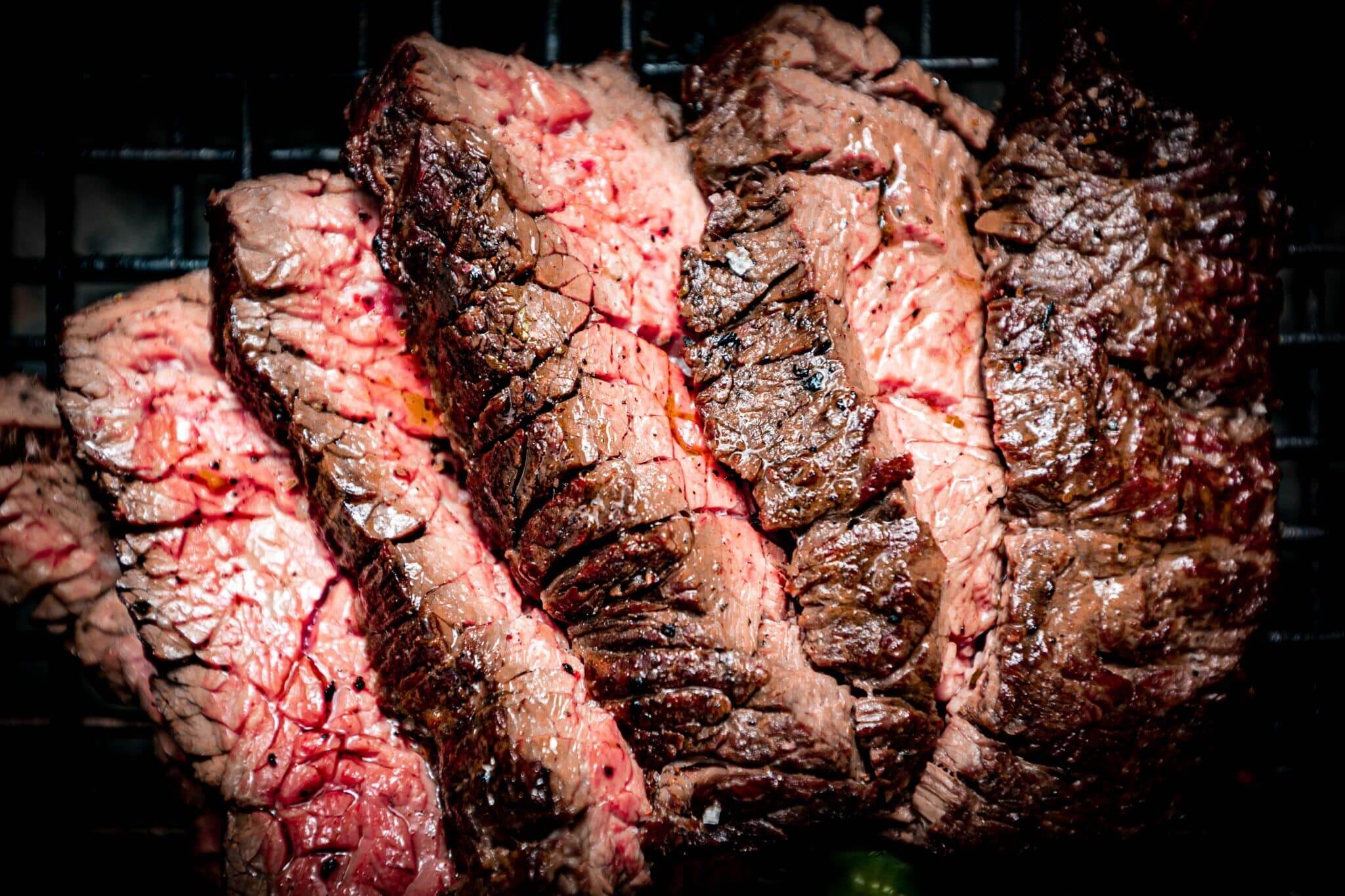The UK is among a new list of the world’s richest countries that have the most work to do in reducing their meat and other animal product intake.
Countries including the UK, Spain, the US and Australia should reduce their meat consumption by around three quarters to live within planetary health boundaries, according to a new report.
The report, called ‘More money more meat’, tracks how far wealthy countries should reduce their consumption of overall animal products, as well as meat, fish, dairy and eggs.
In its broad recommendations, it said that reductions should come alongside a holistic food strategy and reduced subsidies for intensive farming, in place of more support for fruit, veg and nut producers and livestock farmers in high welfare, nature-friendly systems.
To work out the reductions, researchers calculated the figures of per capita intake of each food category against recommendations in the EAT-Lancet report into sustainable global diets.
In meat, it found that the US needed the biggest reduction (82 per cent), followed by Australia and Argentina (80 per cent), and Israel and Spain (78 per cent).
The UK ranks 21st in the list, and according to the report, should reduce meat consumption by 71 and dairy by 56 per cent, while fish and seafood consumption is already slightly below recommended per person consumption.
In overall animal products, Iceland has the most to do with a 73 per cent reduction needed, followed by Finland, Denmark, Montenegro and Luxembourg.
Iceland was also the top over-consumer of fish and seafood, followed by the Maldives, Seychelles, Republic of Korea and Malaysia.
Countries that need to reduce their dairy intake the most were Finland, Montenegro, Albania, Netherlands and Switzerland.
“Responsibility lies with these richer nations to take immediate action through national policies to help combat their impact in driving the climate, health and nature emergencies,” said Philip Lymbery, chief executive of Compassion in World Farming, which commissioned the report.
“Our insatiable appetite for cheap meat and other animal-sourced foods is damaging our health, causing immense animal cruelty and killing our planet.”
The UK’s Food Strategy does not currently include any reduction targets, in line with the current Conservative’s government stance to avoid state intervention on dietary advice.
Henry Dimbleby’s National Food Strategy recommended a 30 per cent reduction in meat consumption, along with a 30 per cent increase in fruit and veg, and 50 per cent increase in fibre to meet the UK’s climate and nature commitments.
In an excerpt from his new book, Ravenous, Dimbleby said this could be as easy as “making tomorrow a veggie day. And the next day. There you go: a cut of almost 30 per cent straight off the bat.”
Lymbery said: “The only way we can secure our future is to move away from factory farming and create a global food system that benefits animals, people and our planet – reducing our overconsumption of animal-sourced foods is a vital part of that.”
Reducing consumption of animal products, particularly factory or intensively-farmed, is a key way to reduce environmental impact of diets.
The ‘More money more meat’ report was published by Compassion in World Farming and launched at the organisation’s Extinction-Regeneration conference today (11 May).













The author Henry Dimbleby seems to be pussyfooting around the meat consumption issue by prodding us overfed Brits to cut our consumption by 30 percent, when in fact we need to cut 71 percent–more than double. But obviously, book sales are paramount and people complacent.
My question is, how did the researchers calculate the climate impact of meat production with such variations in practice?
By the way, if like me you’ve been holding out hope that “cultured (i.e.lab grown)meat would take care of both environmental and ethical issues, the New Scientist recently reported its production is 4 to 25 times more emissions-intensive than regular animal meat. This is because of the extreme purity required of the growth medium for the cells, which necessitates many hours of centrifuging and such.
Perhaps with clean energy and lower grade ingredients they could get that number down, but still…it’s not good news.
Percentage reductions mean nothing on an individual level. As someone in the UK who eats very little meat already, I’m pretty sure I don’t need to reduce by 71%. It would be more useful if we were told specific figures about how much we can eat. ie 100 grams per week